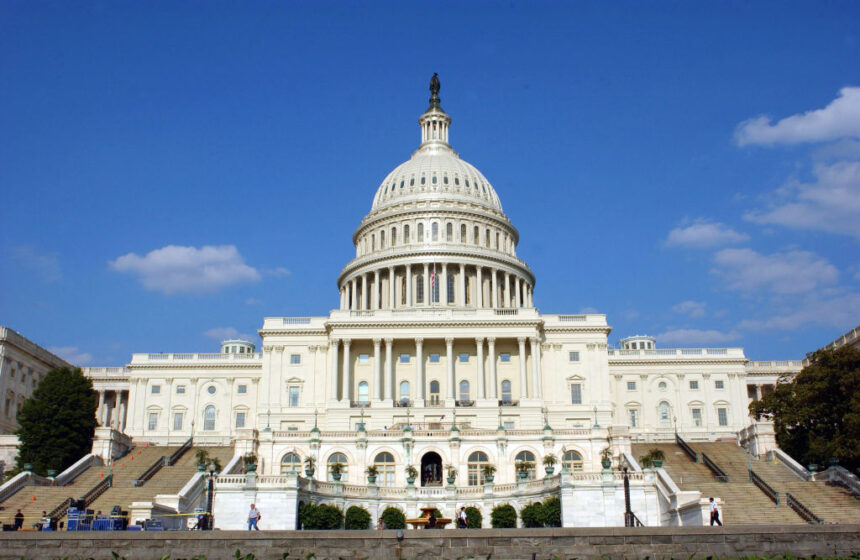A 2017 Republican-led tax law cut taxes on Big Pharma by 40% in the years following its enactment, a recent report out of the Senate Committee on Finance finds.
The report found that pharma companies report about 75% of their profits outside the U.S., which the report stated “allows these hugely profitable companies to pay tax rates lower than many middle class Americans.”
The report is the result of an investigation by Sen. Ron Wyden, (D-Ore.), chairman of the committee, which started in 2021.
That investigation found that AbbVie managed to find loopholes through offshore subsidiaries to avoid paying U.S. taxes on its drug sales. While 72% of AbbVie’s sales were to U.S. patients, none of its income was reported in the U.S., while 100% of it was reported offshore.
The committee later pinpointed several other pharma giants finding similar offshore pathways to avoid taxes – including Amgen, Bristol Myers Squibb and Merck.
The Trump-era tax law in question, the Tax Cuts and Job Acts, had a provision that placed a minimum tax on foreign earnings. Pharma companies used that provision to their advantage in order to get lower tax rates on foreign income, the report said.
Before the Tax Cuts and Job Acts, circa 2014 to 2016, Big Pharma paid a 20% tax rate – but that dropped to 11.6% by 2019. The difference made up about billions of dollars in savings for pharma companies since then.
“Democrats warned in 2017 that the Republican tax law was going to amount to a massive giveaway to multinational corporations, and here’s the proof that that’s exactly what happened,” Wyden said in a statement. “Republicans gave Big Pharma a green light for some of the most aggressive tax gaming highly trained accountants can dream up.”
Wyden also referred to the ongoing debate over high prescription drug costs in the U.S., noting that Big Pharma “charges Americans sky high prices and they pay absolute rock-bottom taxes, not anywhere near a fair share.”
The report comes amid changing tides in the federal policy approach to the pharmaceutical industry.
Last summer, the Biden administration passed the Inflation Reduction Act (IRA), the first significant drug pricing reform to pass in decades. That bill gave Medicare the power to negotiate the prices of specific drugs.
Another provision in the IRA, the inflation rebate program, requires pharma companies to pay rebates to Medicare if they raise the prices of certain drugs faster than the rate of inflation. The White House has already been touting the programs’ ability to help Medicare beneficiaries save money.
Additionally, Big Pharma has remained in the hot seat, along with pharmacy benefit managers, as a bipartisan push in Congress seeks to enact even more drug pricing regulations.
In a statement, Wyden said Democrats would be focused on “fixing our international tax code, cracking down on tax gaming and ensuring corporations including Big Pharma pay a fair share.”








